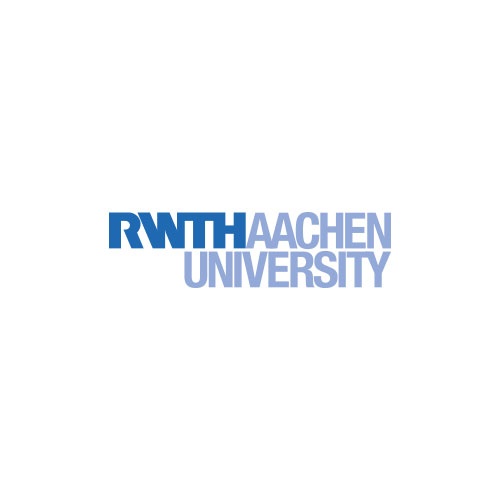RWTH To Play An Important Role In Bringing The Einstein Telescope To The Tri-State Area
The Einstein telescope is a major European project in astrophysics, which can be used to observe black holes almost as far back as the Big Bang, colliding neutron stars or super novae. At a meeting hosted by Nathanael Liminski, Minister for Federal and European Affairs, International Affairs and Media of the State of North Rhine-Westphalia, representatives of the governments of the neighboring states, regions and provinces in Bonn discussed the scientific perspectives of the project. They also discussed the technological development and the impact of the project on the economy and labor market for the tri-state area as a potential location.
Protected from surface vibrations by the region’s soft marl, a triangular tunnel system with sides that are ten kilometres in length is to be built underground between Aachen, Maastricht and Liège. In it, laser light will be reflected back and forth in vacuum tubes between mirrors at the corners of the triangle, detecting the distortion of space by gravitational waves from space, as predicted by Albert Einstein in his general theory of relativity. However, no decision has yet been made on the location.
RWTH Aachen University has a key role to play in this project. With its broad technological base, it is making a significant contribution to the development of the technologies that are required. Working groups from the University are involved in the development of new infrared lasers and new production techniques for manufacturing the vacuum tubes. They are involved in the exploration of the geology of the region and the planning of the tunnel construction, in the adjustment and sensor technology of the mirrors, in the simulation of the entire facility, as well as in the development of artificial intelligence methods for the detection of gravitational waves in the data stream of the detectors. What’s more, RWTH has taken over important coordination tasks in the project.
Professor Matthias Wessling, Vice-Rector for Research and Structure, and Professor Achim Stahl, Chair of Experimental Physics III B, were present at the meeting in Bonn. The participants decided to set up a task force that will work to ensure that the project really does come to the tri-state area and that will coordinate it across the countries.

